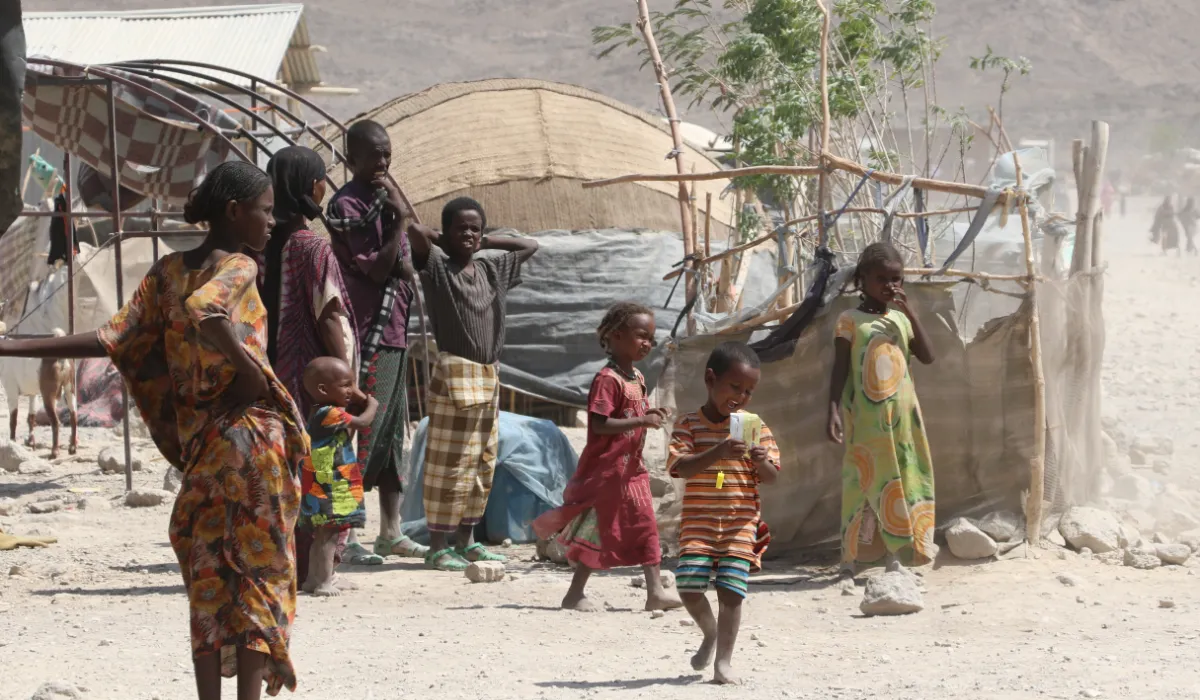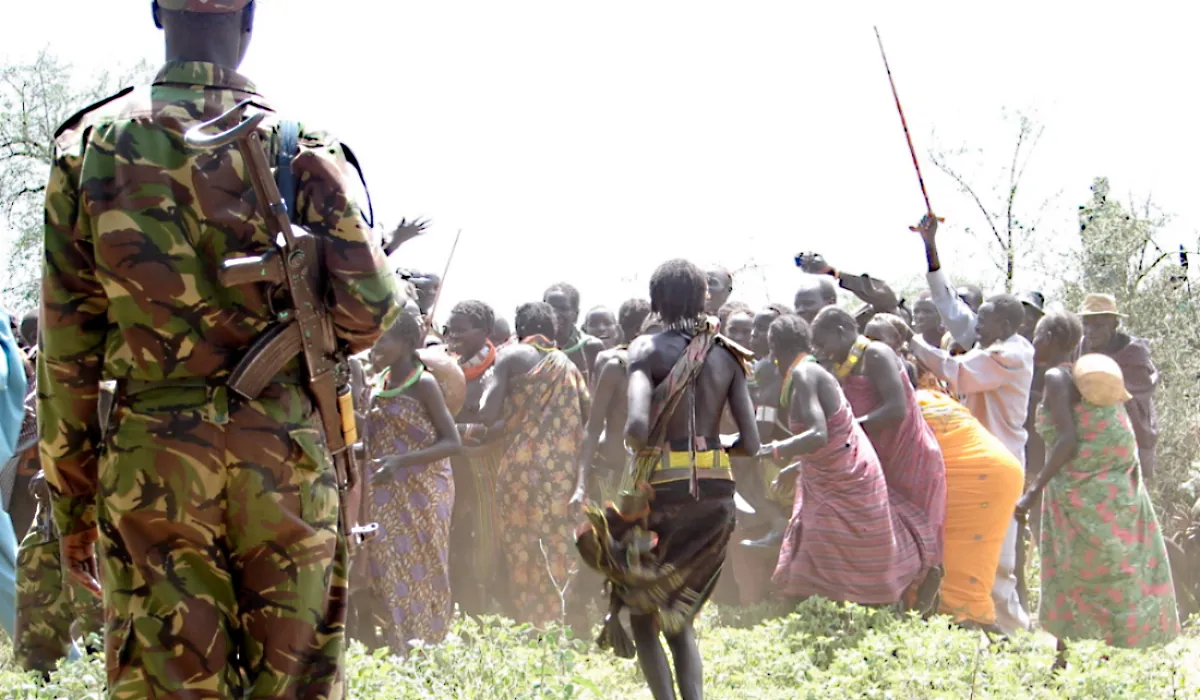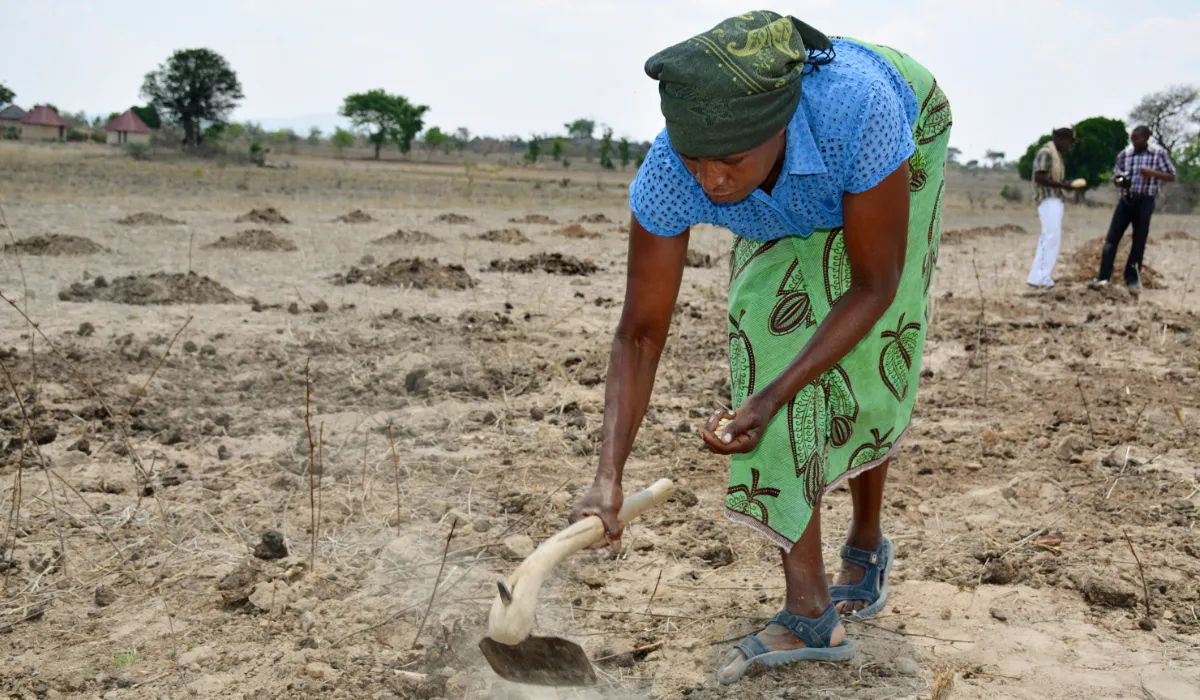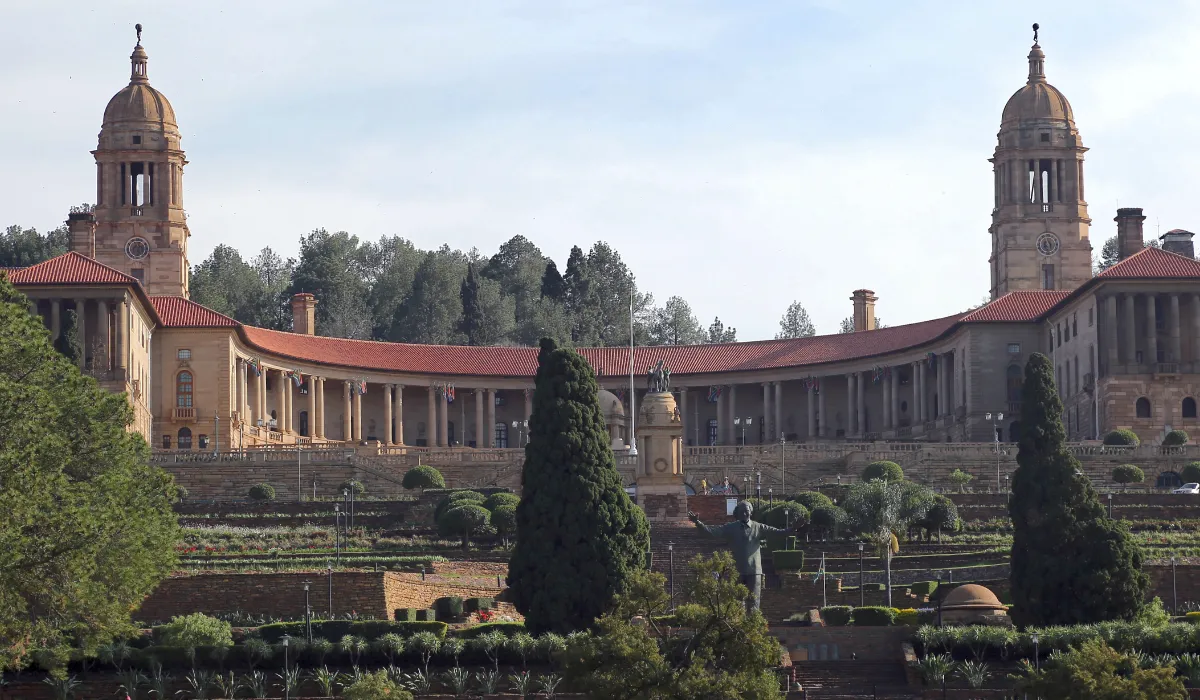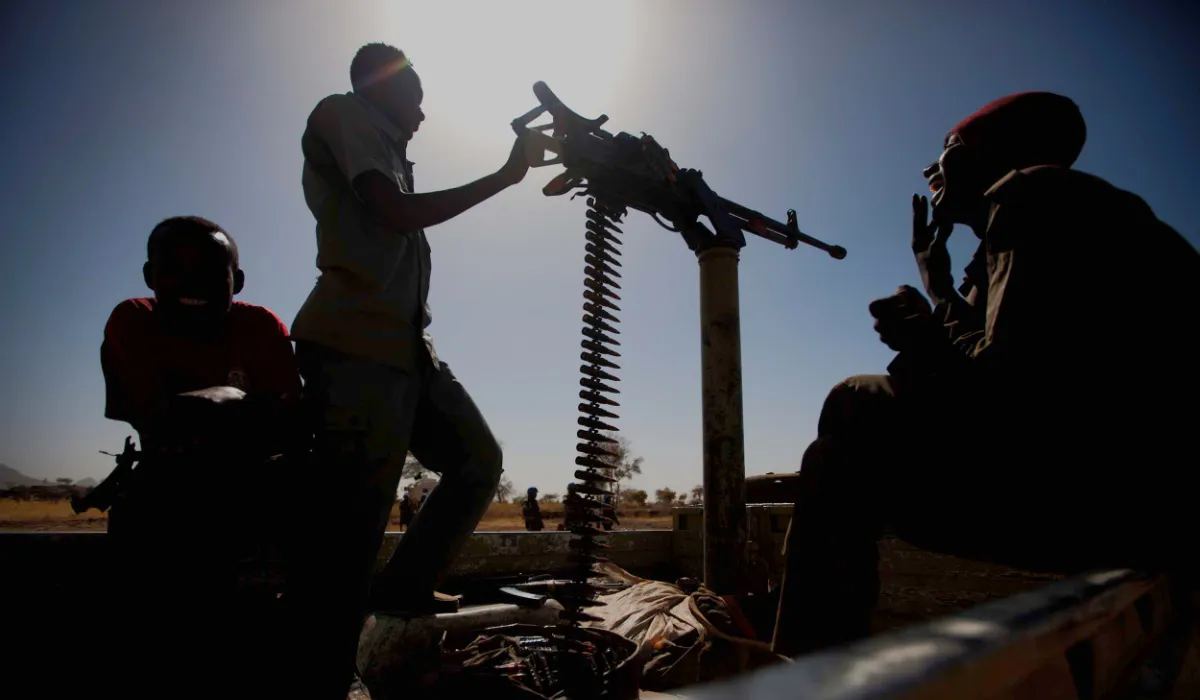We begin this month’s Monitor with an article from Tom Wuchte and Rehema Zaid who write about the nexus between terrorism and climate change on the African continent. The article discusses how the link between terrorism and climate change is an understudied area of research. However, according to the article linkages do exist between the effects of climate change and the risk of recruitment into violent extremist groups. The second article this month also discusses climate change. Giulia Caroli, Cedric de Coning, Gracsious Maviza, Joram Tarusarira, Henintsoa Onivola Minoarivelo and Nqobile Moyo have written about climate, peace, security and migration in Zimbabwe. Their article comes off the back of a recently held workshop in Zimbabwe, where the impact of climate change on issues such as security and migration was discussed. Their article discusses the pathways of interaction between climate change impacts and peace and security dynamics and what some of the priorities for the addressing these impacts might be.
Moving on from climate change, our third article is from Paul Nantulya who has written about the recently concluded South African elections. In particular the article discusses the performance of the African National Congress, where it lost votes and its decline in support over the years, as well as the performance of the other major political parties in the country in recent elections. The article also discusses the establishment of the government of national unity and ways forward for South Africa.
Finally, we end off this month’s monitor with an article from Ndzalama C. Mathebula who writes about the upsurge of coups in Central and West Africa. The article looks at coups from the psychological perspective of those involved in the coups and the effects that this might have on the security of the state. The article discusses how the seizing of power through a coup only serves to make the state more unstable, and could likely lead to further coups taking place, as coup leaders fear the possibility of themselves becoming the victims of another coup.

